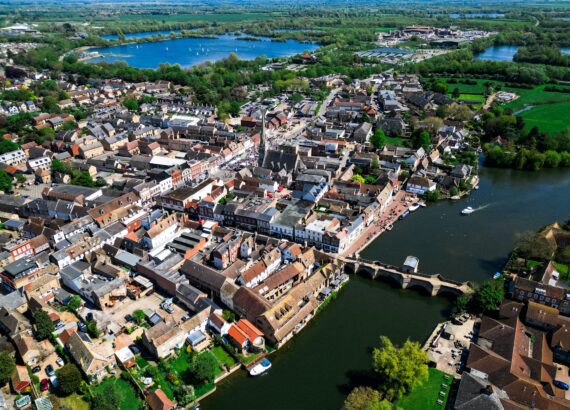While adults generally know to keep their distance from wild animals, children are more easily swayed. Especially when they see a cute little baby raccoon near their home. It’s not uncommon for kids to petition parents to let them keep a baby raccoon as a pet. And so, a lot of mommies wonder if that’s maybe a good idea. This one is for my American readers!
That’s what we aim to break down in this article. First of all, you’ll want to make sure the animal you’ve found is indeed a baby raccoon. While slightly older raccoon babies will look like mini-adult raccoons, newborns tend to have grayish-brown fur, and might not exhibit their distinctive markings or “mask”. If you’re unsure what animal you’re looking at, or what exactly happened to the mother, then it’s best to ask professionals atFirst Choice Wildlife Services.
Is keeping a baby raccoon as a pet a good idea?
First of all, in some states, keeping a captive-bred pet raccoon is illegal. So first things first, you’ll want to consult local guidelines. A wildlife removal professional might be able to give you some insight on that, as well.
Secondly, you need to consider a few aspects before you make this commitment, like:
- Do you have access to a raccoon vet? Raccoons actually aren’t covered by most vet doctors. So before you “adopt” a baby raccoon, you’ll need to consider what you do in case it gets sick, or there’s an emergency. Is there a vet living nearby? Can you find a vet willing to take on a raccoon as a patient?
- Raccoons are really messy. Seriously, have a look around on the Internet at homes trashed by raccoons to understand the level of messiness you’re looking at. While there’s no guarantee that your baby raccoon will act this way, there’s a good chance. Also, keep in mind that this might incur serious repair costs, having to replace items, and potentially damaged valuables.
- You won’t be able to go on holiday. If you have a regular pet, it’s fairly easy to find a pet-sitter, leave it with friends, or even check it in at a pet motel while you’re away. With an unusual pet, like a raccoon, it’s unfortunately not so easy. So basically, by adopting a raccoon, you’re signing up to be home for the remainder of the raccoon’s life. While a raccoon in the wild is typically looking at a 2-3 year lifespan, in captivity and with proper care, a pet raccoon can live up to 13-20 years.
- They’re difficult to feed. While raccoons grow up to not be picky, notoriously scavenging through trash, they can pose a challenge when it comes to feeding. You can’t just buy raccoon food at the store, or even prepare one big meal. Rather, you’ll need to serve several smaller meals throughout the day, to accommodate the raccoon’s dietary habits.
- Lastly, consider disease. Raccoons are, after all, known for spreading a bunch of serious diseases which may put you or your child in danger. On top of that, they grow big, sharp teeth that’ll leave a nasty mark, if they ever bite you.
All of that being said, the answer would be no, keeping a raccoon as a pet is definitely not a good idea, and you should avoid that at all costs. It can be difficult saying no to your children, or upsetting them, if they’re small. However, it’s not nearly as difficult as caring for a pet raccoon. If you’re looking for a more in-detailed take, the stuff at raccoonpet.com gives you information if raccoons make a good pet.
What should you do if you find a baby raccoon?
Keep in mind that racoons like to stick together, so if you find an isolated baby raccoon, there’s a good chance something has happened to the mother. If you find a baby raccoon, the best thing to do is place it inside a cardboard box, on top of an old shirt, towel, or something similarly soft. You will want to keep them warm, as baby raccoons get cold easily. Try filling a sock with plain rice, and heating it in the oven for one minute, then placing it in the box with the raccoon.
Alternatively, place a container of hot tap water in with them, and call a local wildlife shelter. Check out my other animal related posts here.






